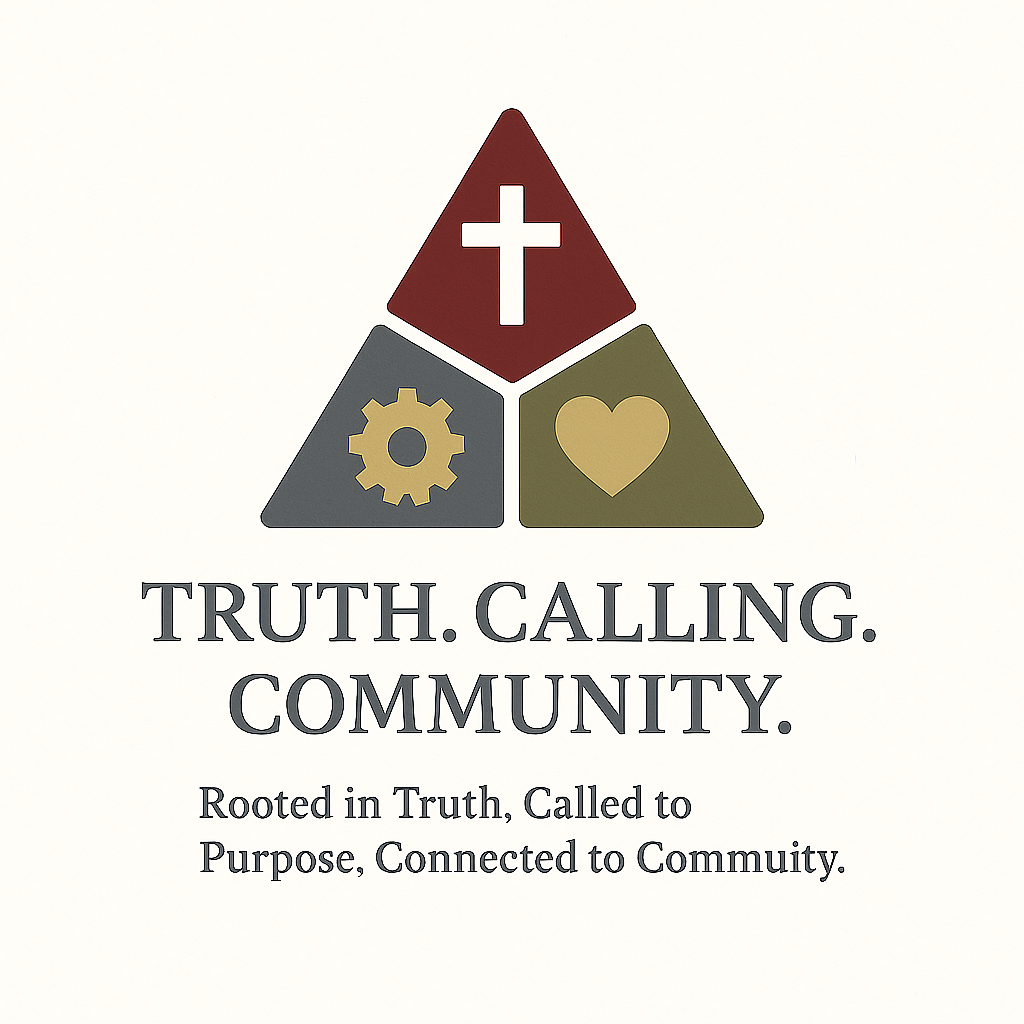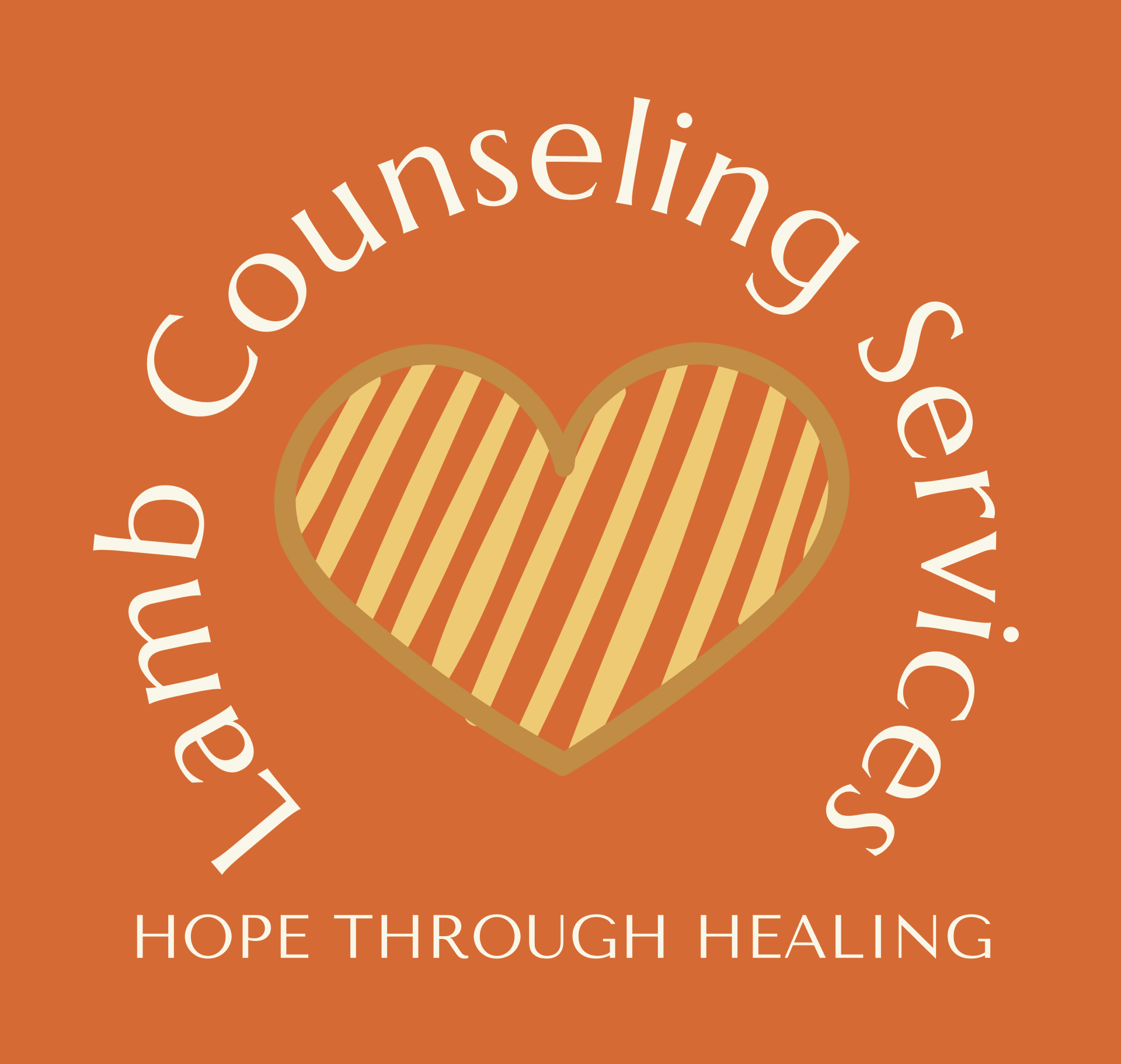There Is Freedom In Forgiveness
Tom Lamb • August 2, 2025

There Is Freedom in Forgiveness
If you've ever heard my testimony, you know that the last six years have been marked by a deep and often painful journey of forgiveness. It's one thing to talk about forgiveness. It's another thing entirely to walk it out. This is personal for me and today, I want to share what God has taught me, in hopes that it brings healing to you too.
Forgiveness Is Hard. Let’s Just Be Honest.
As I sit and write this, memories and emotions from six years ago that I thought had settled still rise to the surface. But God has taught me to “take every thought captive to obey Christ” (2 Corinthians 10:5), because if I don’t, the enemy will use those thoughts to build lies and strongholds in my mind. (see last week’s post “Don’t Believe Everything You Think”)
Forgiveness is not a feeling. It’s not a reward we hand out to someone once they’ve suffered enough or apologized the right way. Forgiveness is a choice of obedience to God, a decision to release the debt someone owes us and trust God with the outcome.
What the Bible Says About Forgiveness
God doesn’t leave forgiveness up to our feelings. He’s very clear on what He expects:
1. It’s Commanded –“Therefore, as God’s chosen ones, holy and dearly loved, put on compassion, kindness, humility, gentleness, and patience, bearing with one another and forgiving one another if anyone has a grievance against another. Just as the Lord has forgiven you, so you are also to forgive.” – Colossians 3:12–132. It’s Unconditional –“And forgive us our debts, as we also have forgiven our debtors…..For if you forgive others their offenses, your heavenly Father will forgive you as well. But if you don’t forgive others, your Father will not forgive your offenses.” – Matthew 6:12,14–153. It’s Unlimited –“Lord, how many times must I forgive my brother or sister who sins against me? As many as seven times?” “I tell you, not as many as seven,” Jesus replied, “but seventy times seven.” – Matthew 18:21–224. It’s a Path to Reconciliation (when possible) –“If your brother sins against you, go tell him his fault, between you and him alone. If he listens to you, you have won your brother…” – Matthew 18:15–17
What Forgiveness Is Not:
• It is not condoning the offense.• It does not mean you have to stay in or return to any type of abuse.• It does not undo the pain or the past.• It does not mean things will return to the way they were.• It does not require a sincere apology first.• It is not a substitute for justice.
What I Learned the Hard Way
I told two people I forgave them for deeply wounding me. One was broken and repentant, and we worked through the pain together. That relationship has not only healed it’s stronger than ever. Only God could have done that.
The other person? Not so much. His apology felt like the kind that says, “Sorry I got caught.” I tried to forgive, but resentment lingered. I found myself thinking and saying hateful things about him. A year passed before the Holy Spirit finally convicted me: "You say you’ve forgiven, but your words and thoughts reveal otherwise."
I called him to apologize for what I had thought and said about him. That stunned him. But what he told me next stunned me even more: “I’ve been asking God for forgiveness, but He feels so distant. I thought if God could forgive David, then maybe He can forgive me too.” That led me to Psalm 51 which is a beautiful picture of David humbling himself and crying out for forgiveness. I got as far as verse 4 and it stopped me dead in my tracks. What did David mean “against You alone have I sinned?” I’d think Uriah, if David had not had him killed, might feel like he was sinned against too! I could not make sense of this at all for the longest time. Months later I read Romans 12:19:
“Friends, do not avenge yourselves; instead, leave room for God’s wrath, because it is written: Vengeance belongs to me; I will repay, says the Lord.”
That was the moment it clicked. I had attached conditions to forgiveness and in doing so I had not left room for God to work. This was the key that unlocked the cage of bitterness I’d locked myself in. Once I confessed this to God and released the debt I thought my offender owed me I was free of the burden of unforgiveness.
The Key to Freedom
Marcus Warner said it best:
“We don’t forgive because people deserve it. We forgive to set ourselves free from the bondage produced by bitterness. We do it as an act of obedience, and we trust God with the consequences…… When we cancel someone’s debt, we hand it over to God’s collection agency. We leave issues of punishment and mercy up to the King.”
Forgiveness wasn’t just about the other person; it was about setting me free from what bitterness was doing to my soul.
Friend, Here’s My Encouragement to You:
If you’ve been waiting to feel like forgiving, or hoping your offender will deserve it, stop waiting. That moment may never come. But the freedom that comes to you through obedient forgiveness is available today.
I wish I could say I’m reconciled with both people. I’m not. One relationship is still unreconciled, despite my best efforts. But I’ve done everything God asked of me. The rest is in His hands.
As the old saying goes “you miss 100% of the shots you don’t take”, so take the shot. Step out in obedience. Forgive. And let God handle the results.
You don’t forgive because they deserve it. You forgive because Christ forgave you, and because you weren’t made to carry the weight of bitterness.

